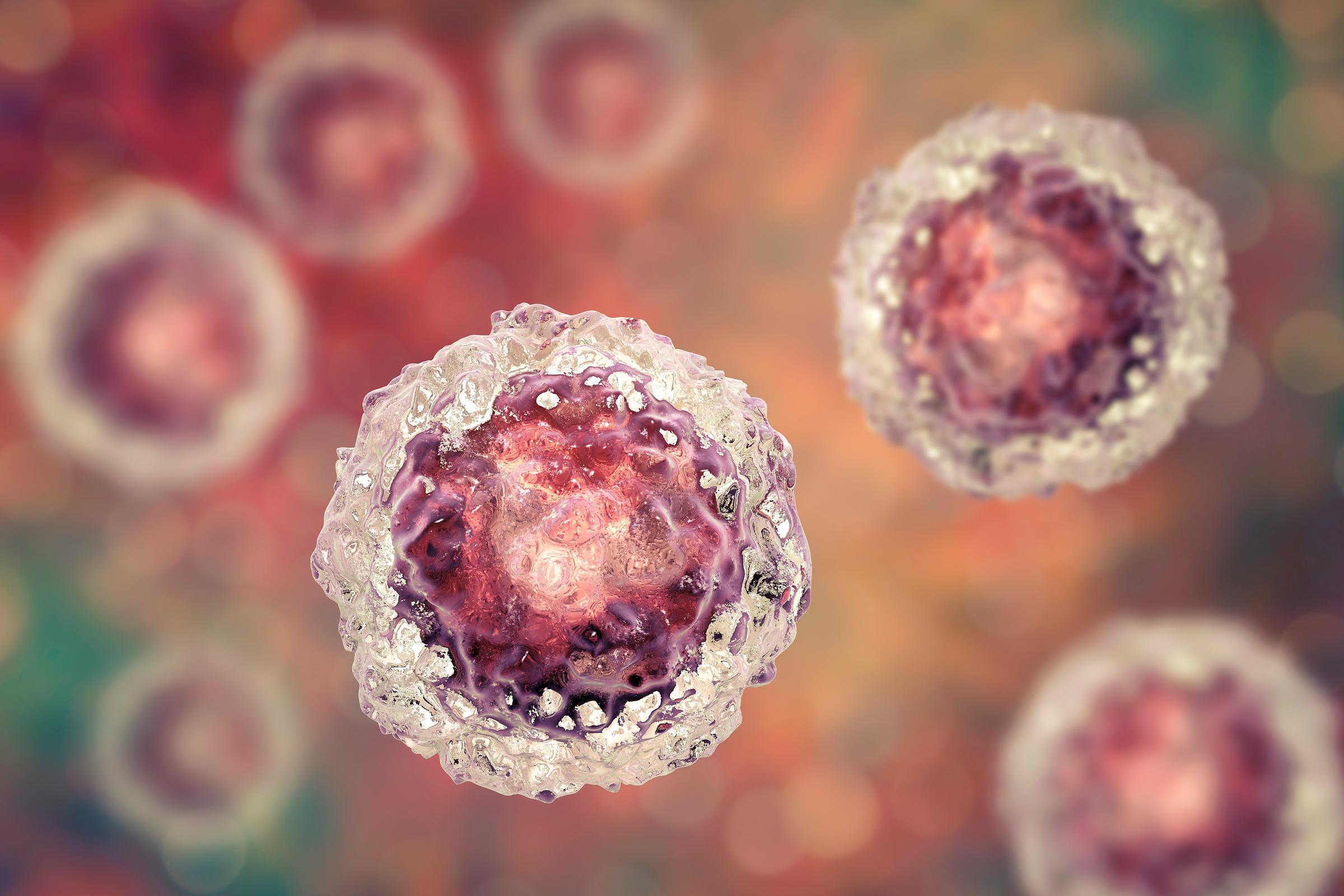- About Ajou
- Admission
- Academics
- Research
-
International
International
- Campus Life
-
News and Event
News and Event
-
AUT
AUT
Major Research Result
NEW An Inside Job: Facilitating Tissue Repair with Endogenous Stem Cell Therapy
- 2021-10-05
- 7335
Researchers suggest a novel treatment protocol for tissue damage using stem cells within the patient’s body
Despite remarkable progress in tissue engineering and stem cell therapeutics, stem cell injection is fraught with risks of cancer and is too expensive and time-consuming to be viable. Now, researchers suggest a novel treatment strategy using stem cells within the body to repair damaged tissues. They develop a novel system to promote the migration of the stem cells to the site of injury, facilitating tissue repair without the challenges of external stem cell manipulation.

Stem cells have the ability to regenerate and heal damaged tissues. In a new study, researchers from Korea developed a strategy to treat tissue damage using stem cells within the body, which is safer compared to the conventional protocol.
Courtesy: Shutterstock.
With the development of sophisticated treatment strategies for tissue injury over the past decades, tissue engineering has made great strides towards effective tissue repair. Stem cell therapy is one such promising recourse to treat tissue damage. However, it is expensive, time-consuming, and has several undesirable side effects such as cancer progression. A better strategy is, therefore, needed to treat diseases caused by tissue degeneration.
An alternative approach is to use the “endogenous stem cells” within our body to repair tissues. These cells reside in specific niches in the body and migrate to the site of injury to replace the damaged tissue. The transport or migration of these cells is regulated by “chemoattractants” (substances that attract motile cells of a particular type) such as the peptide Substance P (SP). However, SP does not activate the required number of endogenous stem cells to fully regenerate damaged tissues, thereby limiting our body’s self-healing capability.
In a recent study published in the journal Small, researchers led by Prof. Moon Suk Kim and Prof. Sangdun Choi from Ajou University, Korea, found ways to improve and sustain the migration rate of endogenous stem cells using molecular dynamics simulations. They modified SP to develop a novel chemoattractant (SP1) and together with VEGF-mimicking peptide (VP), a biologically active factor to promote blood vessel formation, loaded it onto a liquid C/H hydrogel consisting of chitosan (Ch) and hyaluronic acid (HA). The hydrogel provided the role of a scaffold and a delivery system to direct both the chemoattractant and the VP to the site of tissue damage, while the blood vessel formation sustained the migration.
This “SP1-loaded C/H-VP hydrogel” system can be injected at the site of treatment. Prof. Kim elaborates: “The newly discovered SP1 has approximately two to three times higher migration-inducing ability than that of the existing SP.”
The researchers are hopeful their findings will offer a more promising solution to treat tissue degeneration in the future. “Our study indicates that SP1-loaded C/H-VP hydrogels offer a promising strategy to enable endogenous stem cell therapy, which is mostly free of side-effects and, thus, much safer,” comments Prof. Choi.
His vision may not be too far from being realized!
Reference
Authors: Seung Hun Park1, Hyeon Jin Ju1, Yun Bae Ji1, Masaud Shah1, Byoung Hyun Min1, Hak Soo Choi2, Sangdun Choi1* and Moon Suk Kim1,3*
Title of original paper: Endogenous Stem Cell-Based In Situ Tissue Regeneration Using Electrostatically Interactive Hydrogel with a Newly Discovered Substance P Analog and VEGF-Mimicking Peptide
Journal: Small
DOI: https://doi.org/10.1002/smll.202103244
Affiliations: 1 Ajou University, Korea.
2 Massachusetts General Hospital and Harvard Medical School, USA
3 Medipolymers Research Institute, Korea
*Corresponding author’s email: sangdunchoi@ajou.ac.kr, moonskim@ajou.ac.kr,
About Ajou University
Founded in 1973, Ajou University has quickly grown to become one of the top universities in the Republic of Korea. With over 15,000 students and 50 research centers in diverse fields, Ajou University partakes in the largest national research and graduate education project funded by the Korean Ministry of Education. In line with its recently reformed vision, Ajou University’s goal is to change society by connecting minds and carrying out high-impact research to improve the welfare of people in and outside Korea.
Website: https://www.ajou.ac.kr/en/index.do
About Prof. Moon Suk Kim
Dr. Moon Suk Kim is a Professor of Department of Molecular Science and Technology at Ajou University and the founder of Medipolymer Co., Ltd. He works on biomaterials-mediated drug and gene delivery, tissue and regenerative medicine, from design and synthesis of new drug carriers to mechanistic studies for the identification of critical delivery barriers and their potential therapeutic applications in several diseases. He also works on the application of nanostructured biomaterials for regenerative medicine, particularly focused on understanding the cell-topography interactions and their applications for stem cell engineering. He has published 230 peer-reviewed research manuscripts and holds more than 60 issued patents.
About Prof. Sangdun Choi
Prof. Sangdun Choi is a Professor of Department of Molecular Science and Technology at Ajou University and the founder of S&K Therapeutics Co., Ltd. He is an accomplished scientist in the Toll-like receptor (TLR) biology. He has dedicated his life to the discovery of underlying mechanisms and development of TLRs‐targeting therapeutics, which are involved in multiple diseases. He has published more than 200 papers in this area and currently holds several patents, with many more being filed. He has been awarded many prizes including the Korean Academy of Sciences Award for his contributions to the field of immunology.
